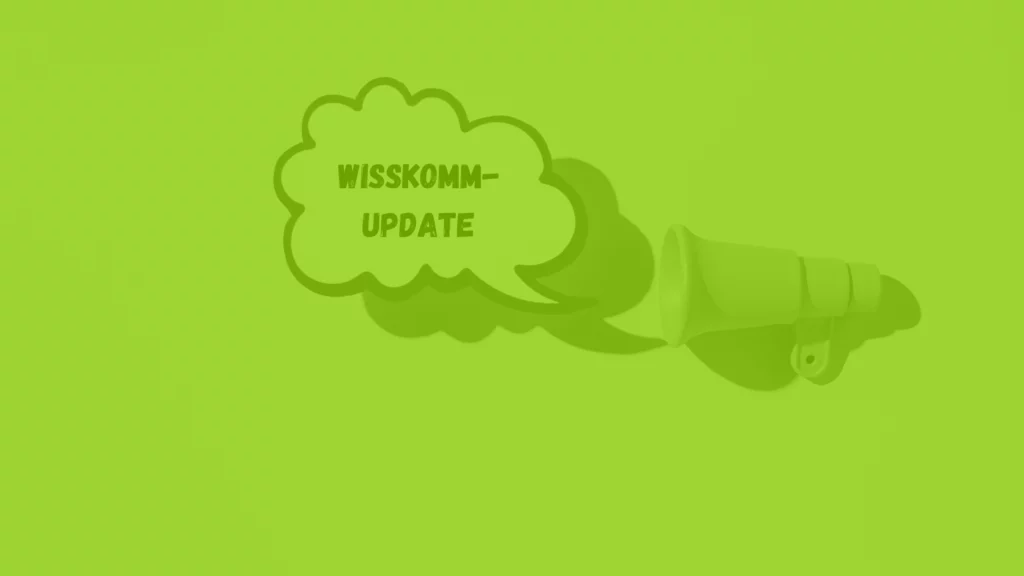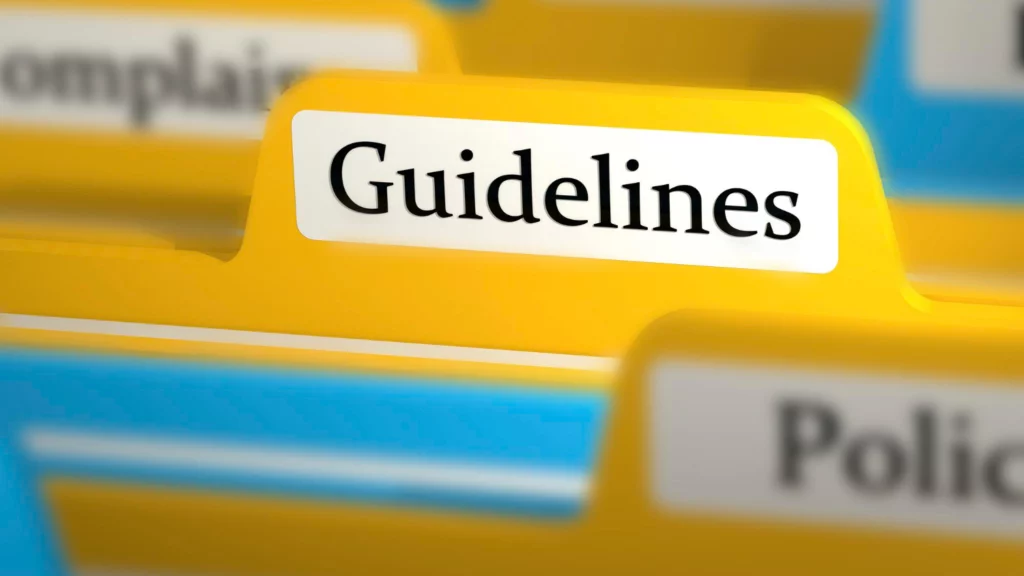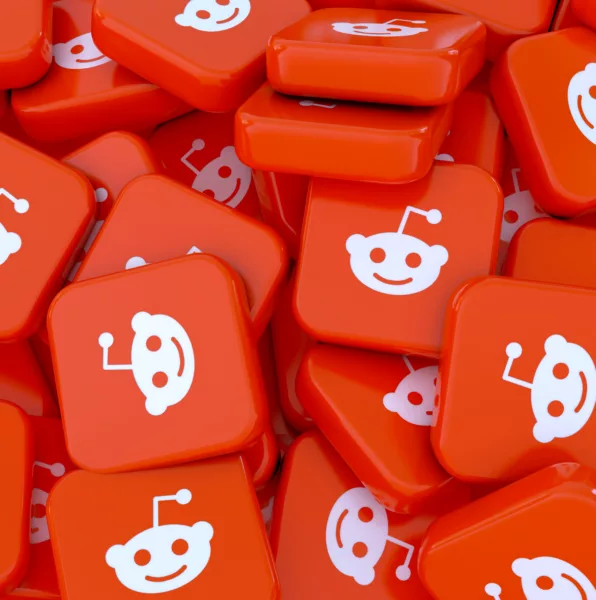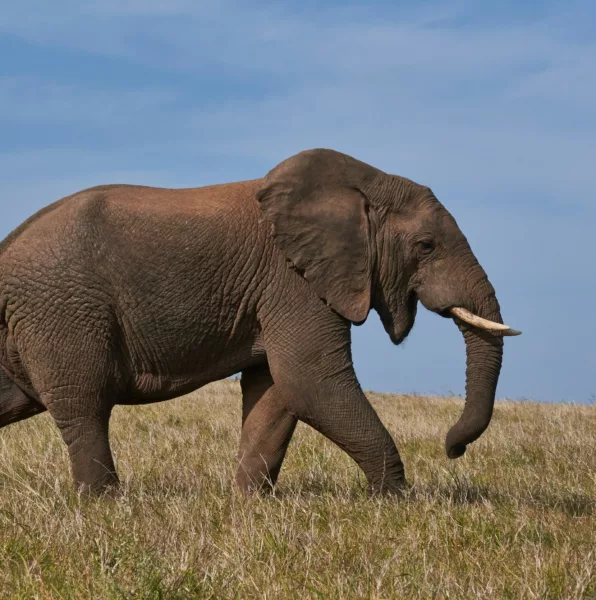Day Two at the Future of Science Communication conference: the gamification of science communication, battling misinformation online, and the relationship of science and politics.
#FSCC21 – how science communication can help to maintain the trust in science
On day two of the Future of Science Communication conference, things got political. The focus was still on what better science communication could look like in the future. But to talk about this, issues like disinformation and the discourse between science and politics got to play a bigger role on the second day. Some of them were already addressed in the morning keynote by Cissi Askwall, Secretary-General of Public & Science and President of the European Science Engagement Association.
Keynote “Perspectives from SciComm Practice”
Workshop “Using experiments to fight science disinformation online: an evidence-based guide”
This is exactly what European researchers have sought to do in their “ORION Open Science project”, funded by Horizon Europe’s predecessor, Horizon 2020. The researchers from different genome research institutions in Europe have sought, among other things, to open up the research process. They wanted to understand what the public thinks of biomedical technologies like genome editing and find effective ways to disseminate the knowledge. To do this, they tried different ways of public participation – through discourses, dialogues, and the co-creation of gamification projects.
Two groups in the project developed games to make aspects of their research more accessible to the public, especially younger audiences. The first game is called GENIGMA, where players help researchers identify fragments of DNA from cancer cells. It is still in development but aims to help researchers understand which parts of the genome are important for cancer development. In the second game, called VirusBreak, players learn more about what happens when a virus breaks out. It was developed together with students aged 13 to 14, as they will also be the main target group for the game. There are several game missions, including, of course, the coronavirus. VirusBreak is also still in the final stages of development.
Communicating knowledge through games can also work well when it comes to educating people about disinformation techniques. This was demonstrated by John Cook from Monash University in a session on fighting science disinformation online – with his game Cranky Uncle. Players can learn about disinformation strategies, experience situations in comic form and then evaluate which disinformation technique was used. But mainly, the session was about another Horizon 2020 project, PERITIA. The research team around Carlo Martini of the Vita-Salute San Raffaele University in Milan dealt with online interventions targeting scientific disinformation. In small groups, the participants of the session were asked to put themselves in the shoes of policymakers and consider how they would combat disinformation on social media platforms. Afterwards, the researchers said that a combination of different interventions was effective in their studies: monetary incentives and civic online reasoning tips combined.
Panel Discussion “Science & Politics: Finding a balanced relationship for society”
Final Panel Discussion “Moving Forward Research and Practice of Science Communication”
During the pandemic, science communication took on some key positions in society. But what might science communication look like in five or ten years? What challenges might there be, what should happen until then? During the conference, this question always resonated, and it was addressed directly in the closing panel. Elisabeth Hoffmann, press spokesperson of the TU Braunschweig, suspected that communication will migrate more and more into science itself, and will become an inherent part of science and the projects. Brian Trench, researcher, and president of the PCST network, said he hopes science communication will be authentic, engaged, modest, and inclusive – and also original and surprising. Stephan Lewandowsky, a professor at the University of Bristol, was not quite so optimistic and said that his concern for the future is mainly the wellbeing of democracy. In his view, there is already a conflict between evidence-based democracy and populism. Science communication should offer something in the context of misinformation because it is eroding the trust in science and democracy, especially online. “We have to make the internet more usable for evidence-based discourse,” he said.
The panel agreed that when scientists communicate with the public, they are often under attack and would need more support. This support should come primarily from the institutional side. But talking about these attacks could also help them, Lewandowsky said. He has experienced that the public supports researchers, when people learn about the hatred scientists are confronted with. Once you understand how disinformation attacks work, Hoffmann said, “practice, practice, practice” is what helps in dealing with science deniers. Trench said that knowledge literacy is also needed – people should know more about how knowledge is created, and where it comes from. During the pandemic, this improved, because a lot of people have been exposed to science in the making. This aspect of science communication should be maintained after the pandemic.
To read on
#FSCC21 Day 1 – searching for ways to make science communication more effective and impactful






